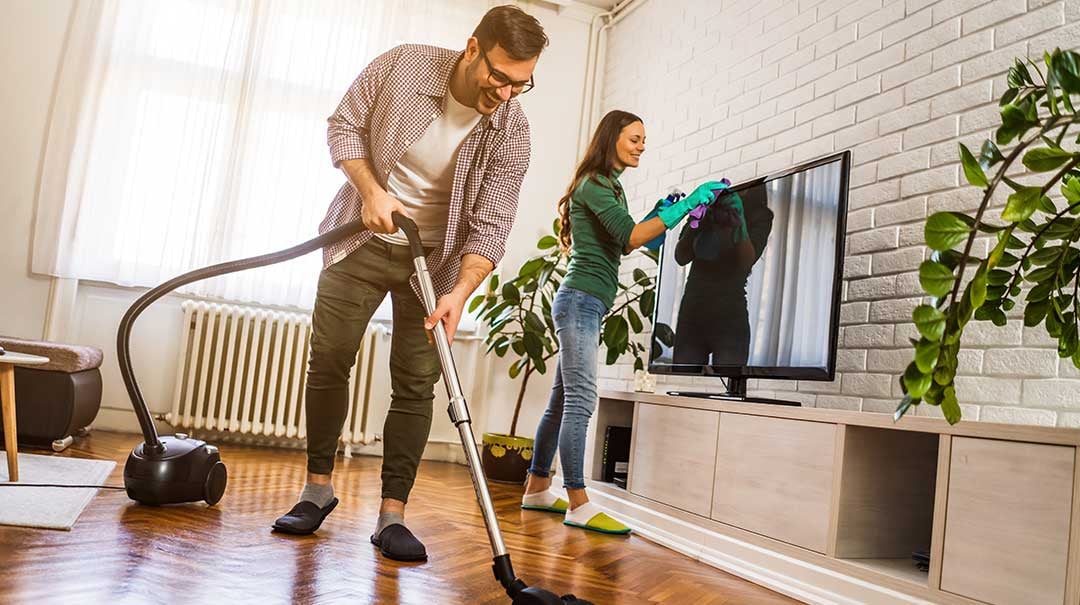As the world experiences varying climatic conditions, one of the significant challenges faced by homeowners and real estate developers is ensuring that plumbing systems function efficiently in cold climates. This article will delve into cold climate plumbing design tips to help you navigate the complexities of plumbing systems in such environments. Whether you are building a new home or managing an existing property, these insights will keep your plumbing safe and functional.

Understanding the Impact of Cold Climates on Plumbing
Cold climates can wreak havoc on plumbing systems. The freezing temperatures can lead to pipes bursting, water supply issues, and increased maintenance costs. It is essential to understand how cold weather affects plumbing to mitigate these problems. By incorporating effective strategies and plumbing tips, you can safeguard your property from potential damages.
Insulating Pipes: A Key Strategy
One of the most effective cold climate plumbing design tips is insulating your pipes. Insulation helps prevent pipes from freezing by keeping the heat in and the cold out. Use materials such as foam pipe insulation or fiberglass to wrap around pipes, especially those exposed to the elements or in unheated spaces like basements or attics.
Choosing the Right Insulation Material
Selecting the appropriate insulation material is crucial. Foam pipe insulation is easy to install and provides excellent thermal resistance. For extreme cold conditions, consider using advanced insulation solutions designed for harsh weather.
Installing Frost-Free Faucets
In cold climates, regular faucets can freeze and cause pipes to burst. Installing frost-free faucets is a wise decision. These faucets are designed to prevent water from remaining in the outer portion of the pipe, reducing the risk of freezing and damage.
Heat Tape: An Additional Layer of Protection
For pipes that are particularly vulnerable to freezing, heat tape can be a lifesaver. This electric tape is wrapped around pipes and provides warmth, preventing freezing. Ensure that heat tape is installed correctly and regularly checked for effectiveness.
Installation Tips for Heat Tape
When using heat tape, follow the manufacturer’s instructions carefully. Avoid overlapping the tape, as this can lead to overheating and increase the risk of fire. Regular inspections ensure that the tape remains operational throughout the winter season.
Proper Drainage Systems
Effective drainage is crucial in cold climates to prevent water from accumulating and freezing around your plumbing system. Ensure that your property has a well-planned drainage system. Use stormwater drainage solutions to direct water away from foundations and pipes.
Regular Maintenance: A Proactive Approach
Regular maintenance is essential for keeping your plumbing in top condition. Schedule routine inspections to identify potential issues before they escalate. Check for leaks, cracks, and signs of wear and tear. Proactive maintenance can save you from costly repairs in the future.
Winterizing Your Plumbing
Before the onset of winter, take steps to winterize your plumbing. Drain outdoor hoses, shut off outdoor water valves, and keep the thermostat set to a consistent temperature to prevent pipes from freezing.

FAQs
What are the best insulation materials for pipes in cold climates?
Foam pipe insulation and fiberglass are popular choices for insulating pipes in cold climates. They provide excellent thermal resistance and are easy to install.
How can I prevent my faucets from freezing?
Installing frost-free faucets is an effective way to prevent freezing. Additionally, ensure that outdoor faucets are drained and shut off during the winter months.
Why is regular plumbing maintenance important?
Regular maintenance helps identify potential issues early, preventing costly repairs. It ensures that your plumbing system remains functional and efficient even in harsh weather conditions.
By following these cold climate plumbing design tips, you can ensure that your plumbing system withstands the challenges of cold weather. For more insights on plumbing systems, visit expert plumbing advice or explore basement plumbing solutions.
This article contains affiliate links. We may earn a commission at no extra cost to you.




